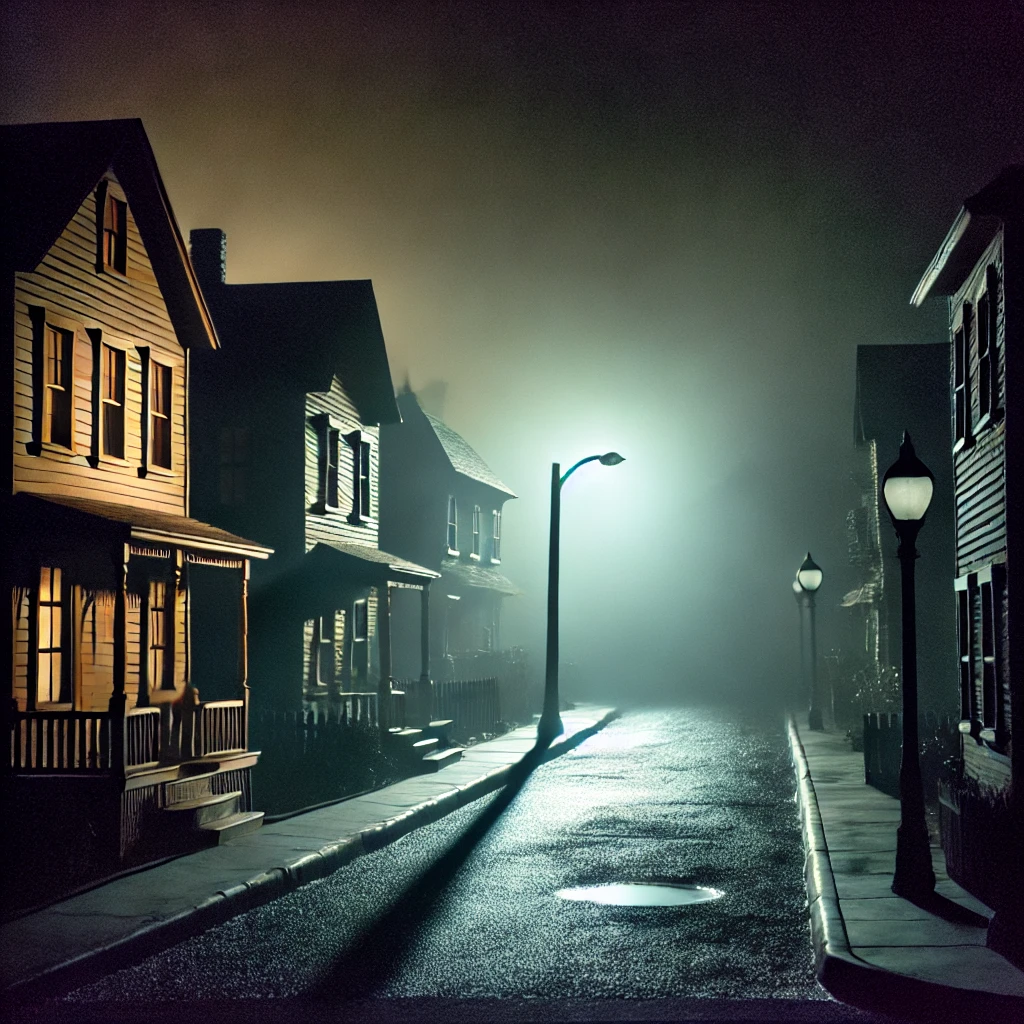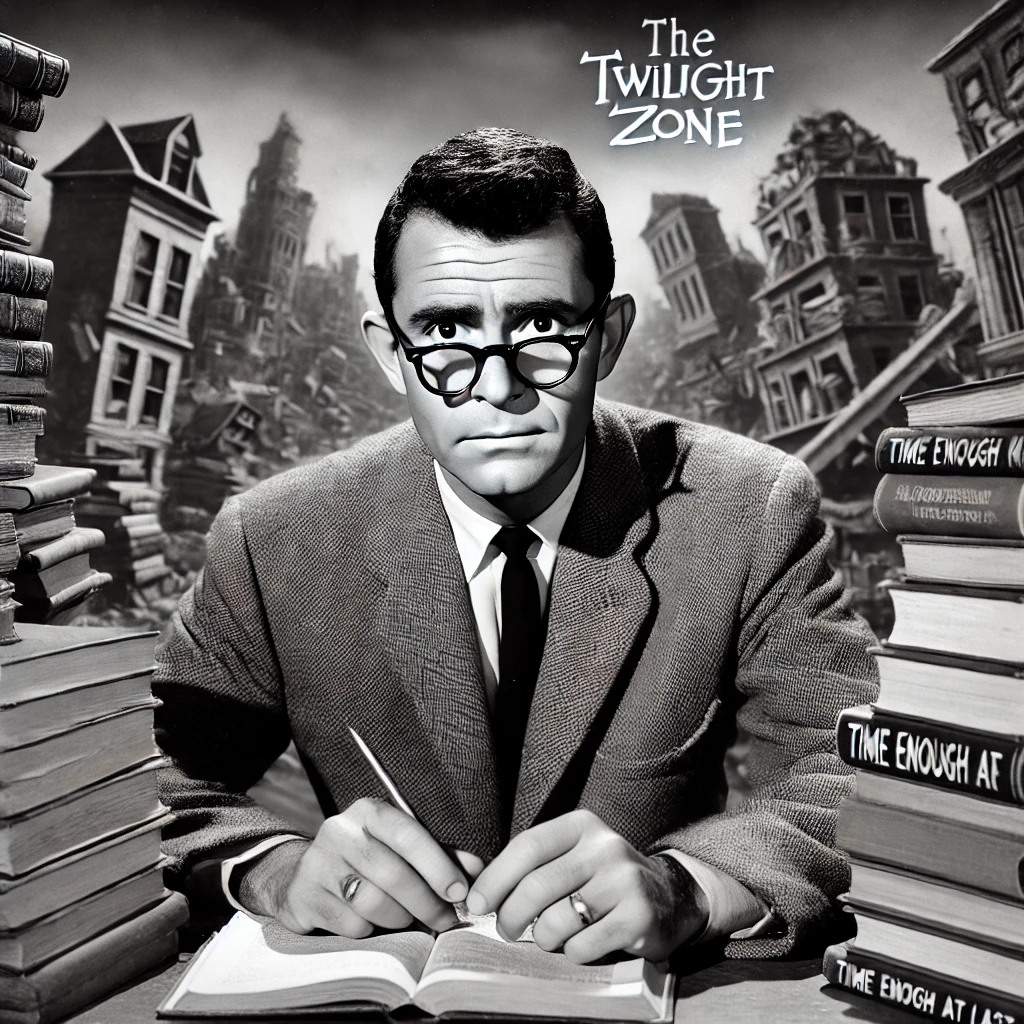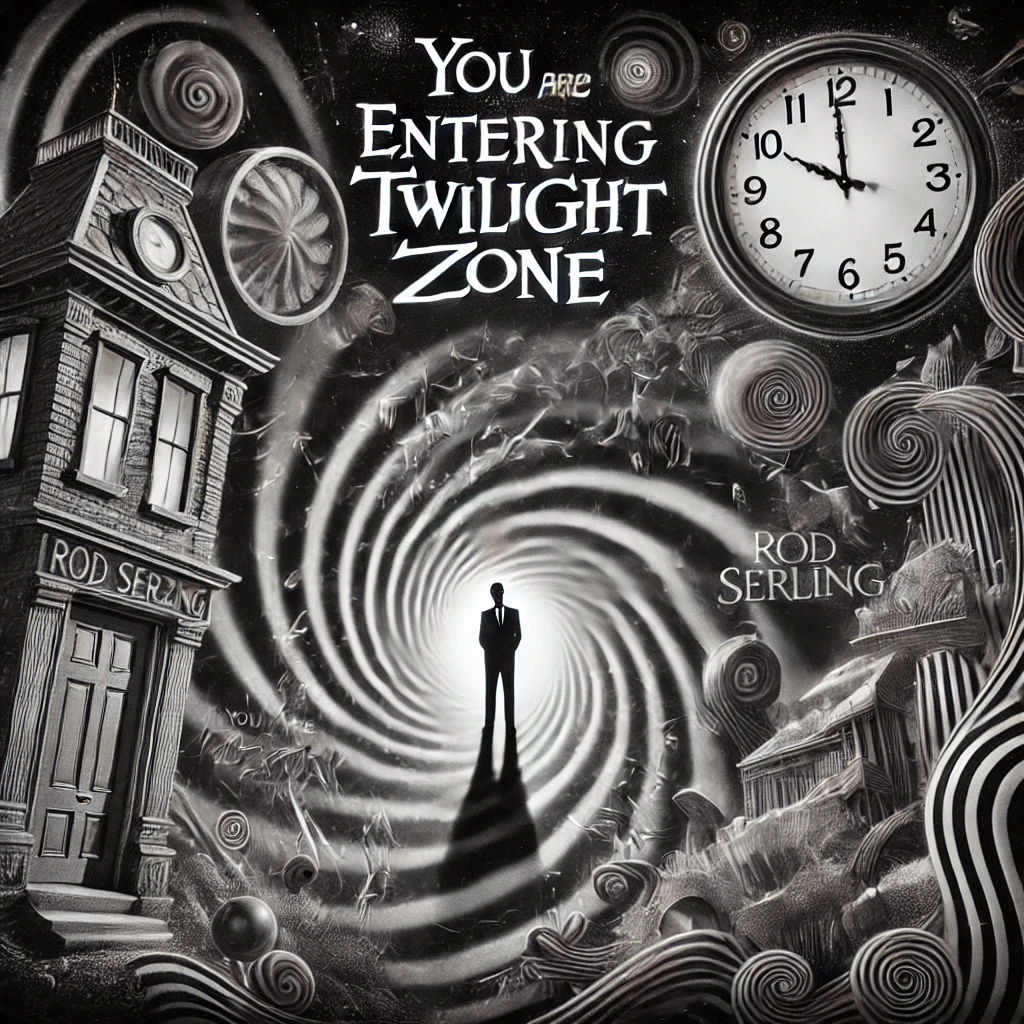On October 2, 1959, television viewers were introduced to The Twilight Zone, an anthology series that would forever change the landscape of science fiction and fantasy on television. Created by Rod Serling, this groundbreaking show captivated audiences with its thought-provoking storytelling, unexpected plot twists, and moral lessons. Its unique blend of science fiction, horror, and social commentary set it apart from other programs of the time, establishing The Twilight Zone as a cultural phenomenon that continues to resonate today.

The Visionary Behind the Series
Rod Serling, a talented writer and visionary, was the creative force behind The Twilight Zone. Frustrated by censorship in television and the limitations of traditional storytelling, Serling sought to create a platform that would allow him to explore complex themes and societal issues. Drawing inspiration from literature, film, and his own experiences, he crafted a series that would engage viewers in a way that was both entertaining and intellectually stimulating.
Each episode of The Twilight Zone was a self-contained story, often featuring ordinary characters who found themselves in extraordinary circumstances. The show tackled a wide range of topics, from the human condition and morality to politics and war, all while maintaining a sense of mystery and suspense. Serling’s ability to weave social commentary into compelling narratives established the series as a platform for addressing the pressing issues of the time.

Cultural Impact and Popularity
Upon its debut, The Twilight Zone quickly gained popularity, capturing the imagination of viewers across the nation. Its innovative storytelling and memorable characters became cultural touchstones, with episodes like “Time Enough at Last,” “The Monsters Are Due on Maple Street,” and “Nightmare at 20,000 Feet” leaving lasting impressions on audiences. The show’s iconic opening narration, delivered by Serling himself, set the tone for the surreal and often unsettling journeys that awaited viewers.
The series also paved the way for future science fiction and fantasy programming, influencing countless shows and films that followed. Its success demonstrated that audiences were ready for thought-provoking narratives that challenged societal norms and explored the complexities of the human experience. The Twilight Zone opened the door for more ambitious storytelling in the genre, inspiring creators to push the boundaries of imagination.
Enduring Themes and Lessons
One of the defining features of The Twilight Zone is its ability to convey moral lessons through its narratives. Each episode often concluded with a twist that not only surprised viewers but also offered profound reflections on human behavior, ethics, and the consequences of choices. The show’s exploration of themes such as fear, prejudice, and the struggle for identity continues to resonate with audiences today.

Legacy and Reboots
The legacy of The Twilight Zone endures through various reboots and adaptations over the years, including a notable revival in the 1980s and a more recent iteration hosted by Jordan Peele. Each adaptation has sought to capture the essence of the original series while addressing contemporary issues, demonstrating the timeless appeal of Serling’s vision. The themes explored in The Twilight Zone remain relevant in today’s society, allowing new generations to engage with the stories and the profound questions they raise.
The debut of The Twilight Zone on October 2, 1959, marked a significant turning point in television history. Rod Serling’s innovative storytelling and exploration of profound themes captivated audiences and paved the way for future works in the science fiction genre. The show’s enduring legacy lies in its ability to provoke thought, inspire creativity, and challenge societal norms. As we celebrate the impact of The Twilight Zone, we recognize its role in shaping television and its ongoing influence on storytelling, reminding us of the power of imagination and the importance of questioning the world around us.
